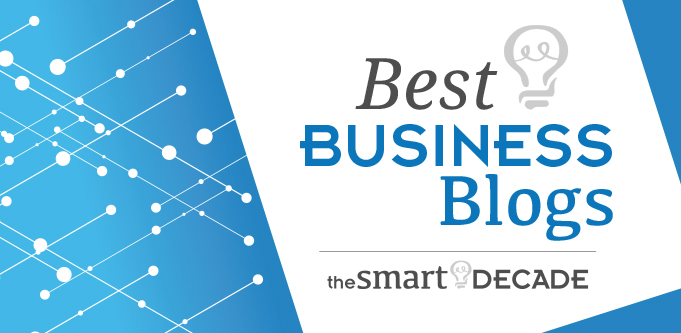The Importance of Setting Up Google Authorship Correctly
You probably have a general idea of what authorship is. It’s official credit for having written something – or having something ghostwritten for you. It’s your name on the cover of a book or your byline in a newspaper or magazine. It can also be your name and picture at the bottom of a blog post and Google’s acknowledgement that you’re the official author.
On the web, authorship isn’t just a text attribution. It’s a whole system of credit that accrues to your identity in Google searches and in Google+. Your authorship is associated with your website and with your online identity. However, if it isn’t set up right, then authorship is nothing but a name on an article, and it won’t help you build your reputation or improve your search engine ranking.
Why Google Authorship?
Authorship has recently become a big deal on the web, thanks to Google. In the past ten years, Google and SEO companies have been sparring, with the SEO companies aiming to place their clients high in Google’s search rankings and Google trying to maintain authentic natural rankings and increase their ad revenue. The key to effective search engine optimisation is content, and it’s been content for quite some time. Five years ago, content farms were cranking out thousands of cheap, mediocre articles. These articles were being used to make websites look active and dynamic so they’d rank high on Google. However, much of the content was repetitive, unoriginal and poorly written, as well. The focus on content at all costs was cluttering up the web with rubbish.
An Apple and a Stick
Google hit back with an apple and a stick. The apple is the ability to build a strong reputation as an online author, one that boosts your site’s ranking and establishes you as an authority in your field. The stick? Penalties for poor quality and unclaimed content. If you’re planning to put content on your site today and you want to reap rewards when it comes to SEO, then it had better be high quality content, and you had better be willing to claim it as your own. If you choose not to do what’s needed, then your competitors will. Failing to use authorship properly can have serious consequences.
Case Study: Authorship Saves the Day
One of our clients came to us with a problem. They had been averaging around 1,000 visits and 10,000 impressions a day. That means that each of their 10,000 daily visitors was viewing an average of ten ads. Then, Google decided to slap them with a warning. In less than a month, their rankings tanked and they were averaging only 200 visitors and 600 impressions a day.
The StewArt Solution
We knew just what to do. When rankings drop suddenly, the best way to start is by conducting an analysis in Webmaster Tools and crawling the site, performing a full SEO audit. In this case, Webmaster Tools couldn’t tell us what had happened to cause such a big drop. Next, we conducted an on-page analysis. TA-DA! It was like a light bulb switching on. We found a huge coding error: the authorship was set up incorrectly.
We checked Google’s structured data testing tool. Google had a big green ticket that said the authorship was working just fine, but our developers knew there was something fishy going on. We asked the client to ensure that they had set up the authorship using one of Google’s preferred methods. The instructions said: ‘Make sure that your byline name matches the name on your Google+ profile.’
Solution & Conclusion
After the client fixed their coding to match Google’s recommendation, the rankings started to soar higher and higher. In fact, with our help, the site not only reached its previous level of traffic, it surpassed it.

With today’s increasingly stringent and rapidly changing requirements for higher search engine rankings, SEO is getting to be less accessible to business owners as a hobby or sideline. If you depend on your website to generate business, then one wrong move can seriously harm your company. You can count on StewArt for meticulous work, up to date knowledge and the strategic know-how that you need to stay on top.


